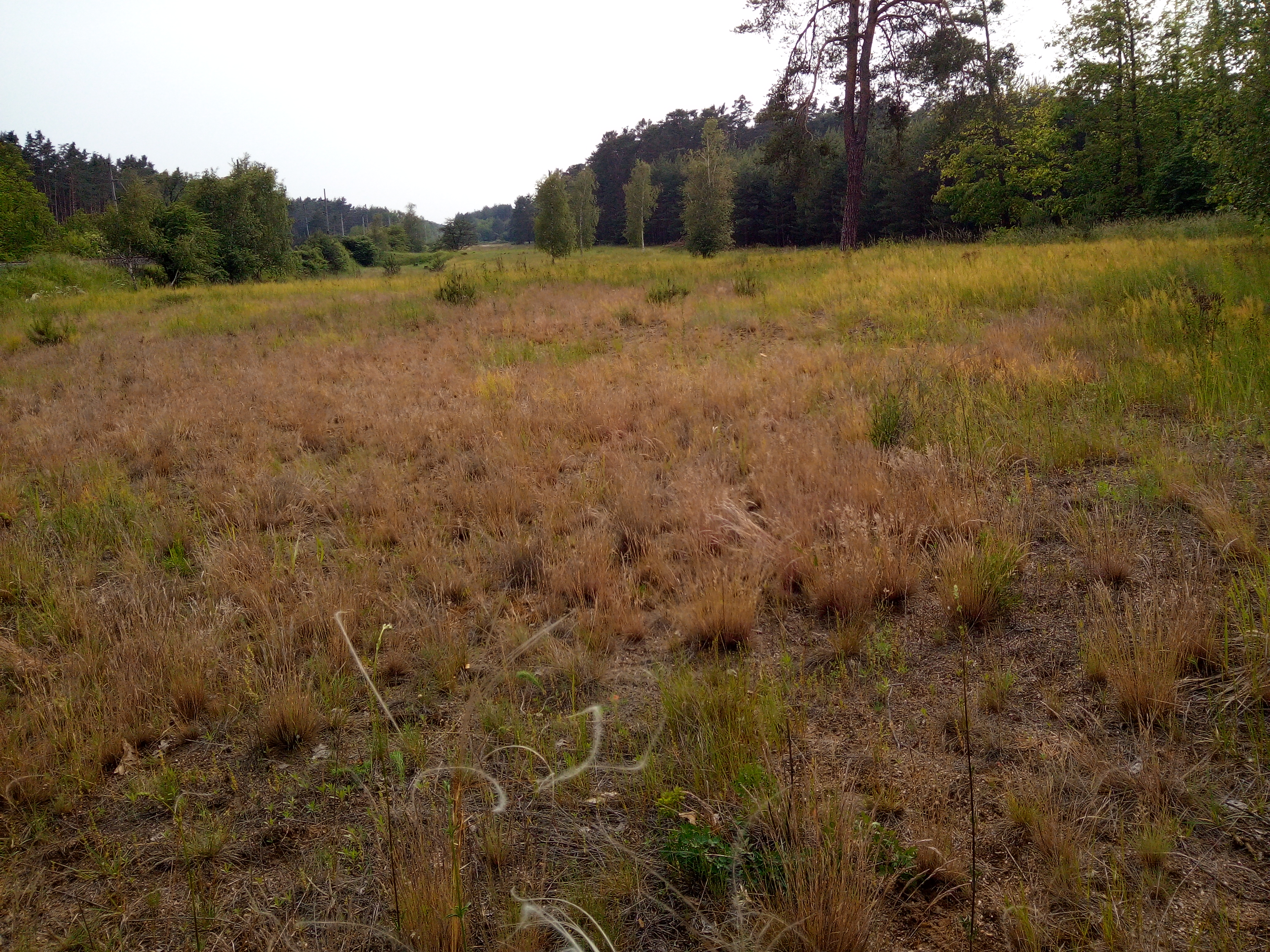 It has become a tradition to visit southern Moravia and sample permanent plots in NNR Váté písky in June. Since 2012, Restoration ecology group has monitored the process of vegetation succession of plots restored with removal of top soil layer with expansive grass Calamagrostis epigejos. Even after seven years since the plot establishemnt, most of them still maintain open character. They can thus serve as a refugia for a number of species typical of open sandy habitats which are almost absent in the agrarian landscape of southern Moravia.
It has become a tradition to visit southern Moravia and sample permanent plots in NNR Váté písky in June. Since 2012, Restoration ecology group has monitored the process of vegetation succession of plots restored with removal of top soil layer with expansive grass Calamagrostis epigejos. Even after seven years since the plot establishemnt, most of them still maintain open character. They can thus serve as a refugia for a number of species typical of open sandy habitats which are almost absent in the agrarian landscape of southern Moravia.
In addition, we have also established permanent plots in nearby Bzenecká doubrava woodland which burnt seven years ago. After an agreement with the forestry administration, small part of the woodland was left for spontaneous succession.
We would like to thank Ivana Jongepierová and Karel Fajmon for their help in the field, hospitality and moral support.
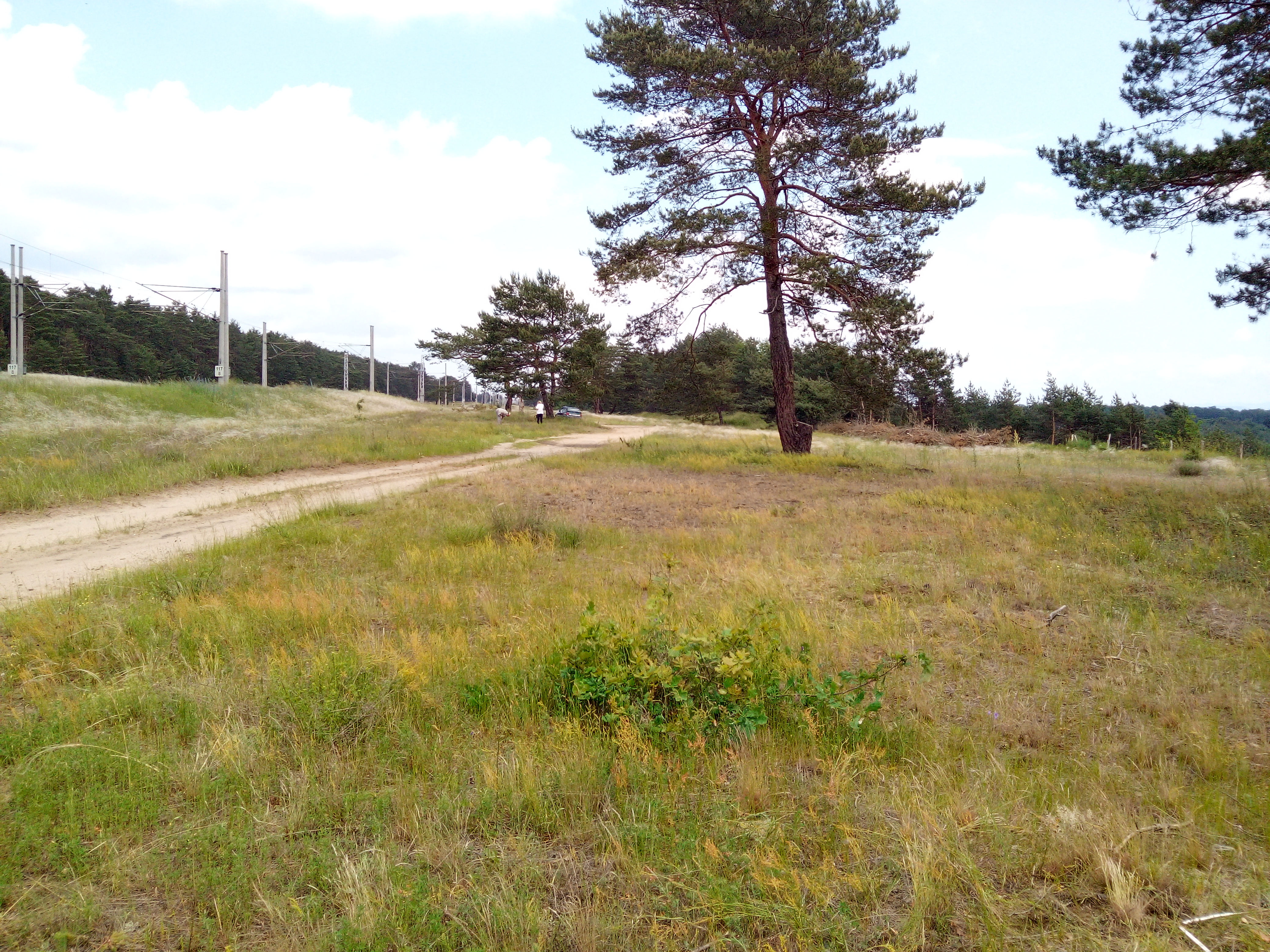
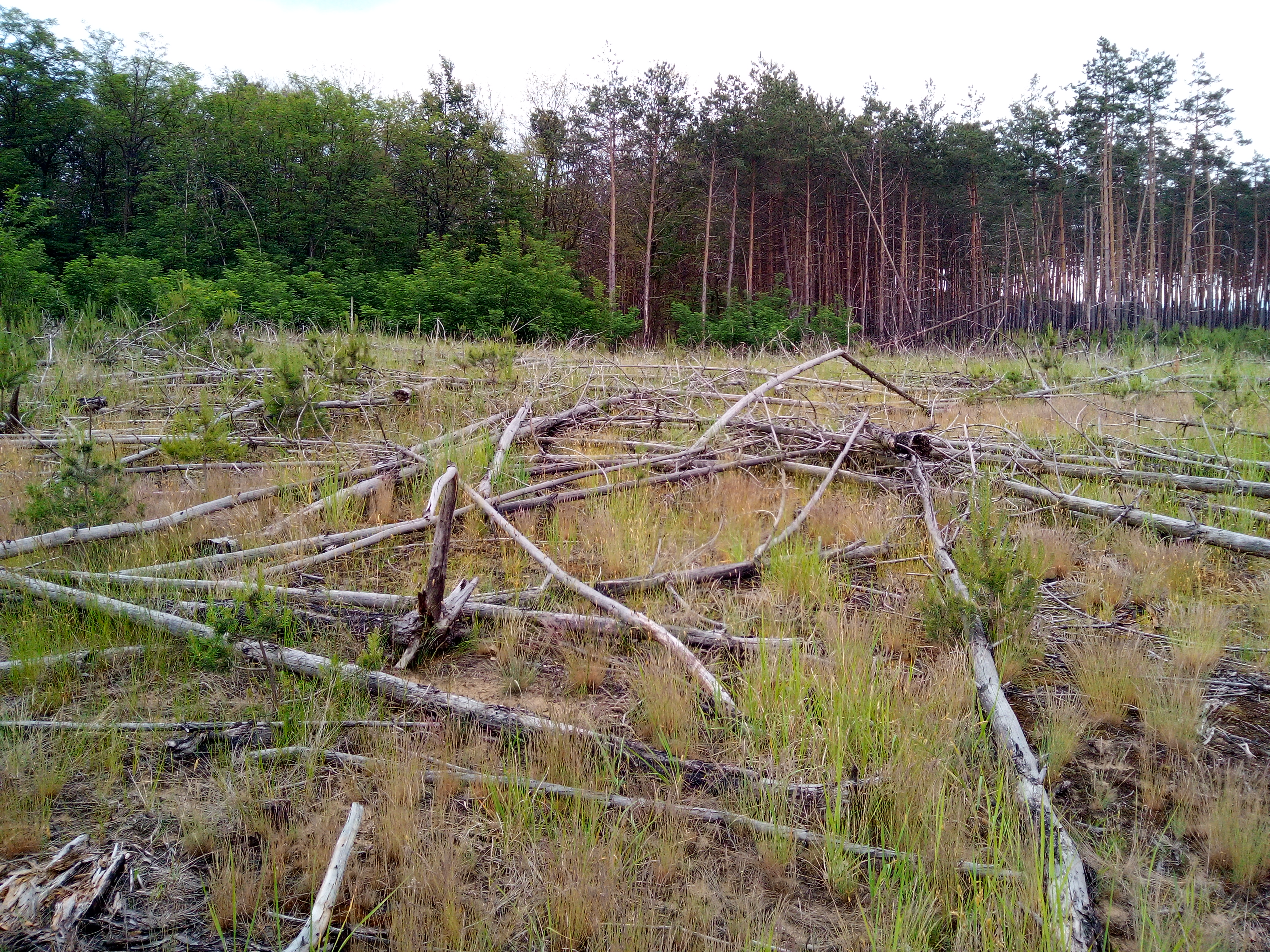
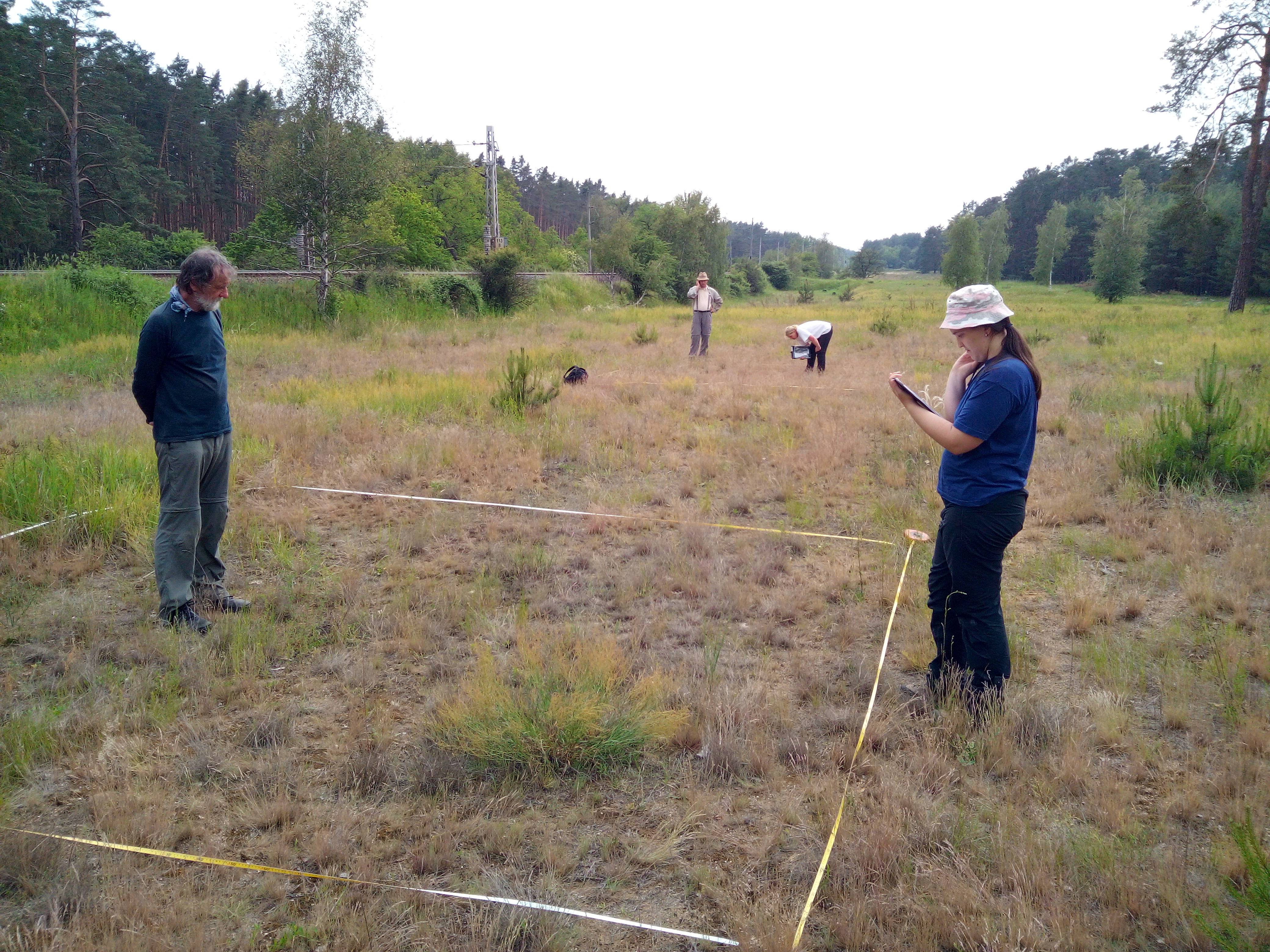
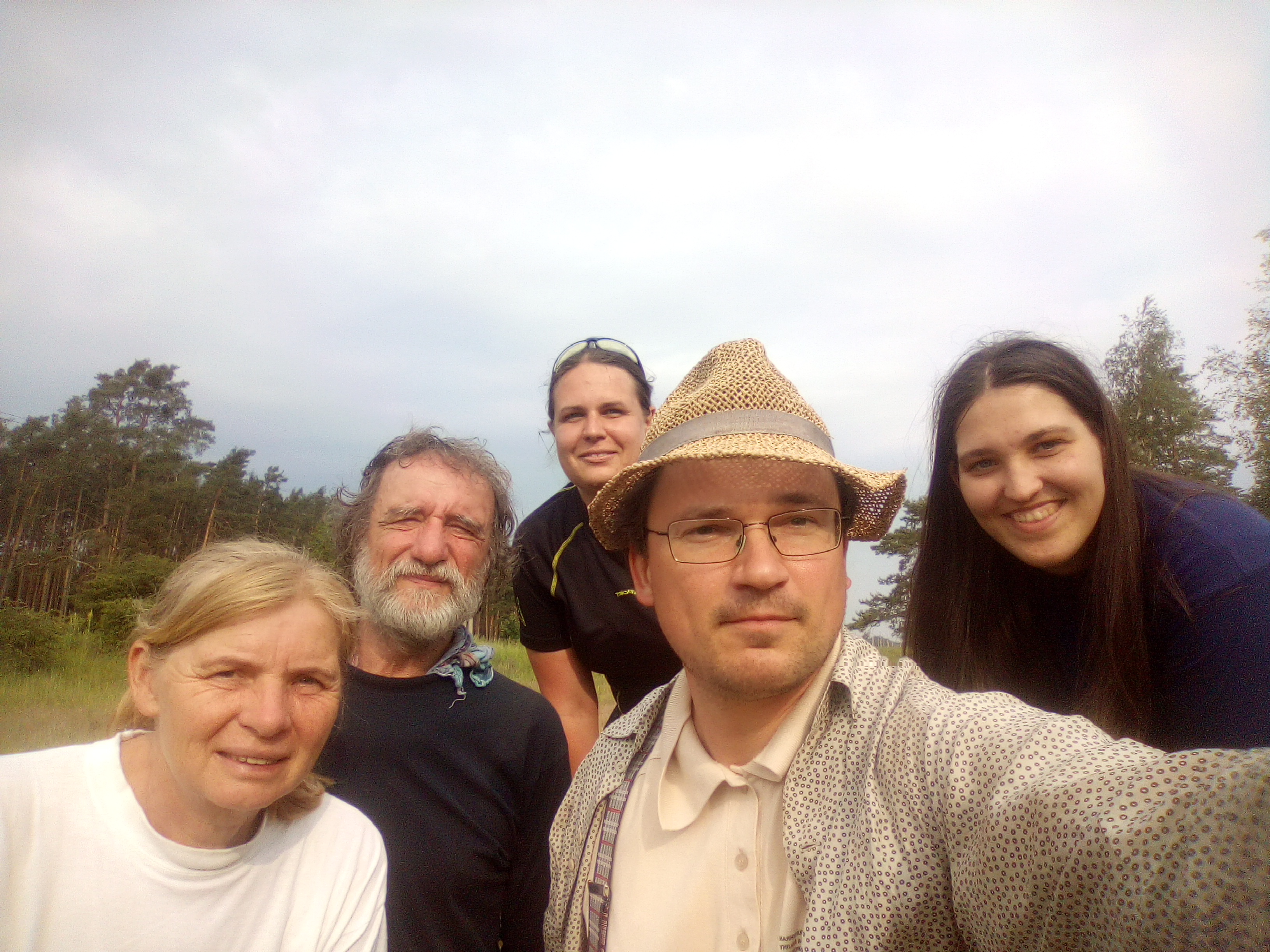
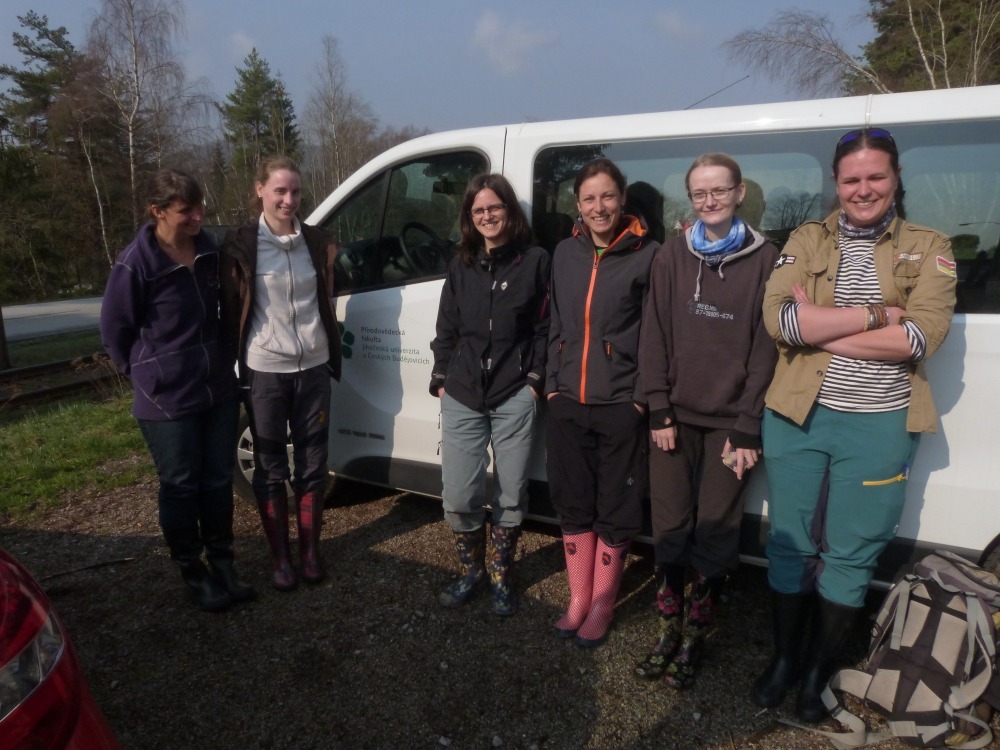
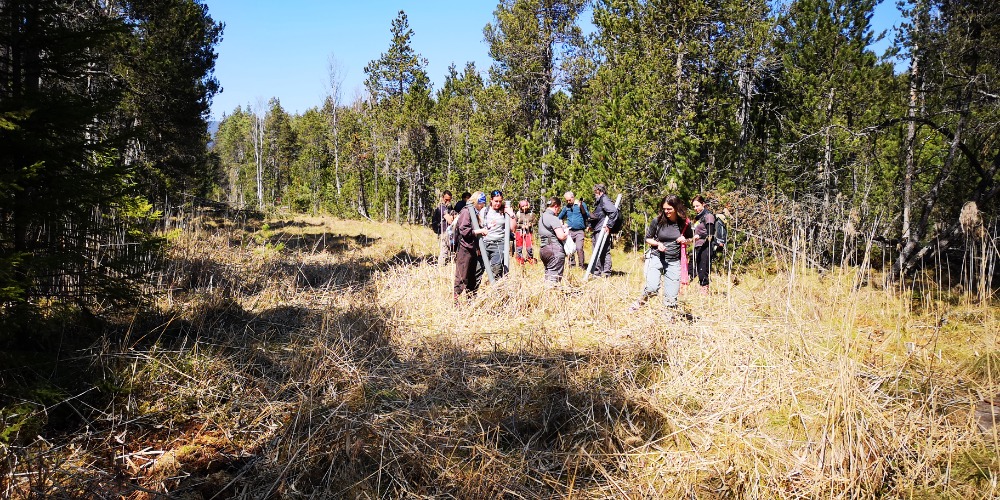
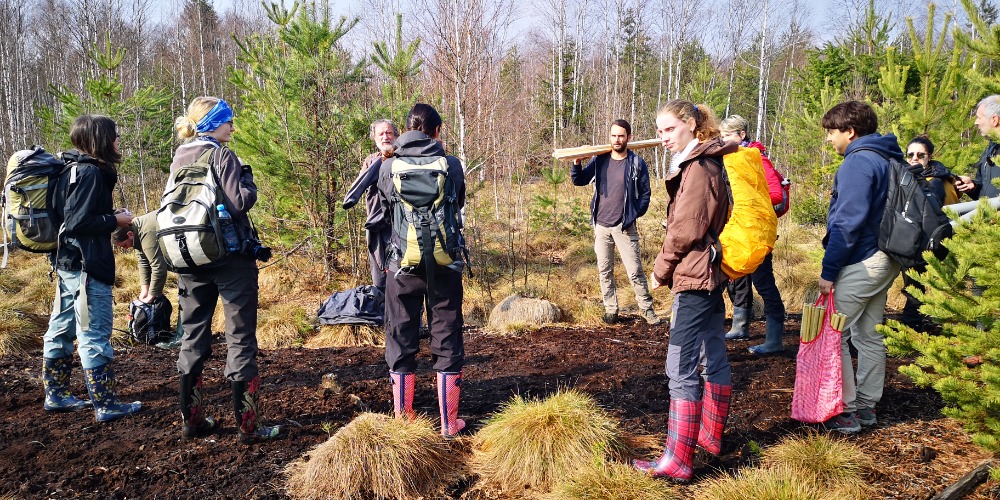
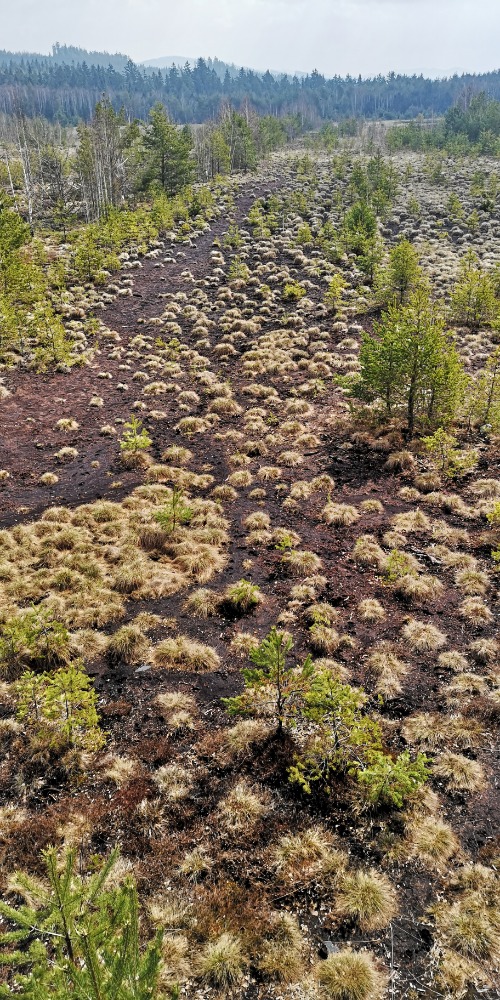
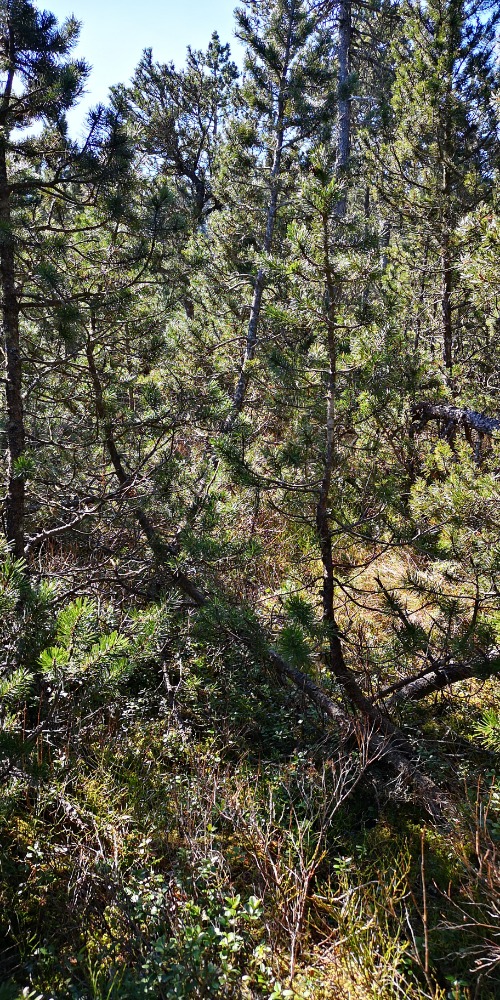
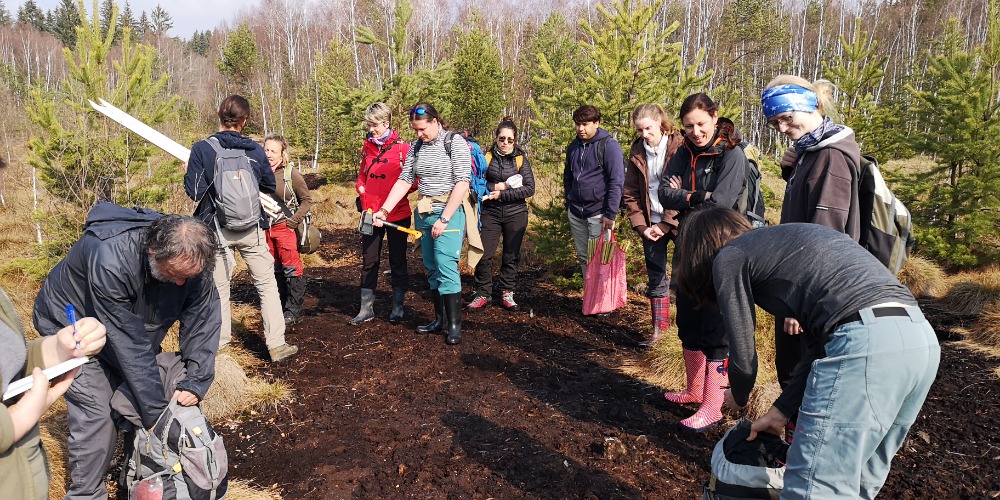
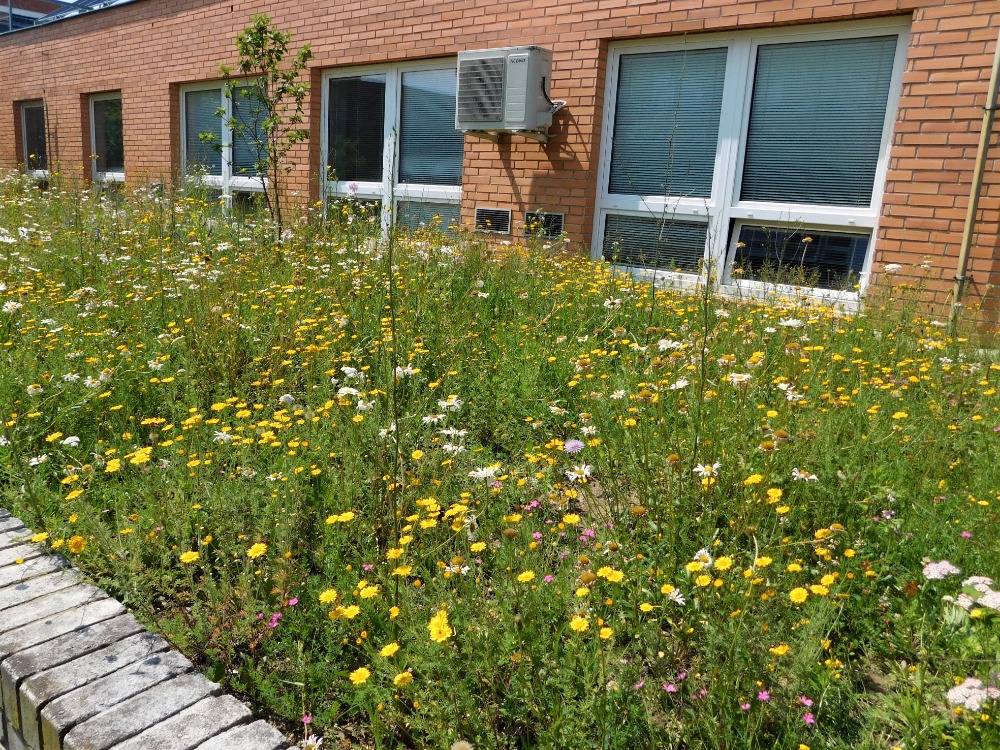 One of the results of our collaboration with German colleagues from Hochschule Anhalt in Bernburg is a document with
One of the results of our collaboration with German colleagues from Hochschule Anhalt in Bernburg is a document with 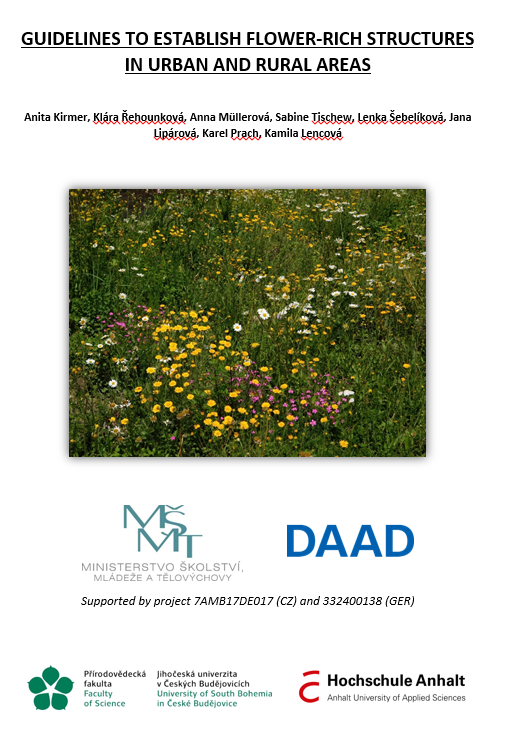
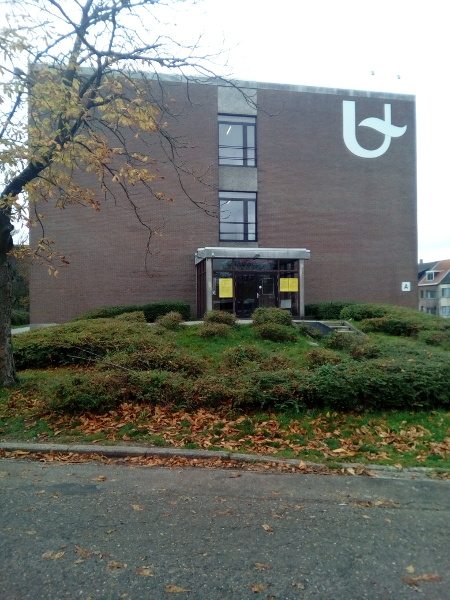 One of the most important parts of student life is certainly a PhD study stay abroad. Students from the Ecological restoration working group have an opportunity to choose between several prestigious workplaces dealing with restoration. Anička Müllerová has chosen Flemish (Belgian) Antwerp.
One of the most important parts of student life is certainly a PhD study stay abroad. Students from the Ecological restoration working group have an opportunity to choose between several prestigious workplaces dealing with restoration. Anička Müllerová has chosen Flemish (Belgian) Antwerp.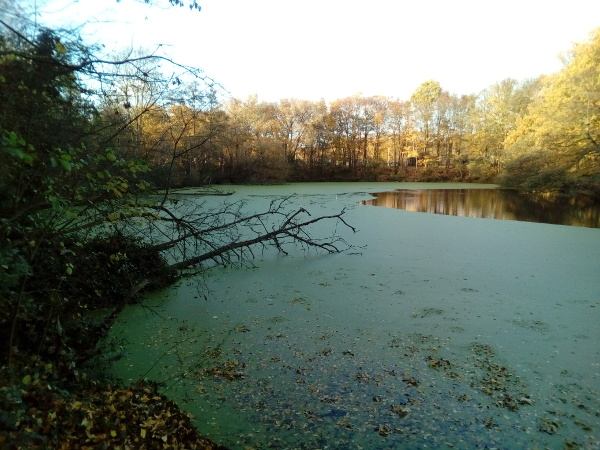
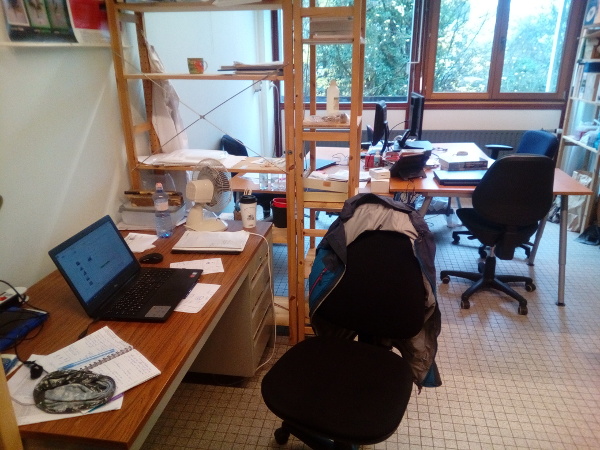
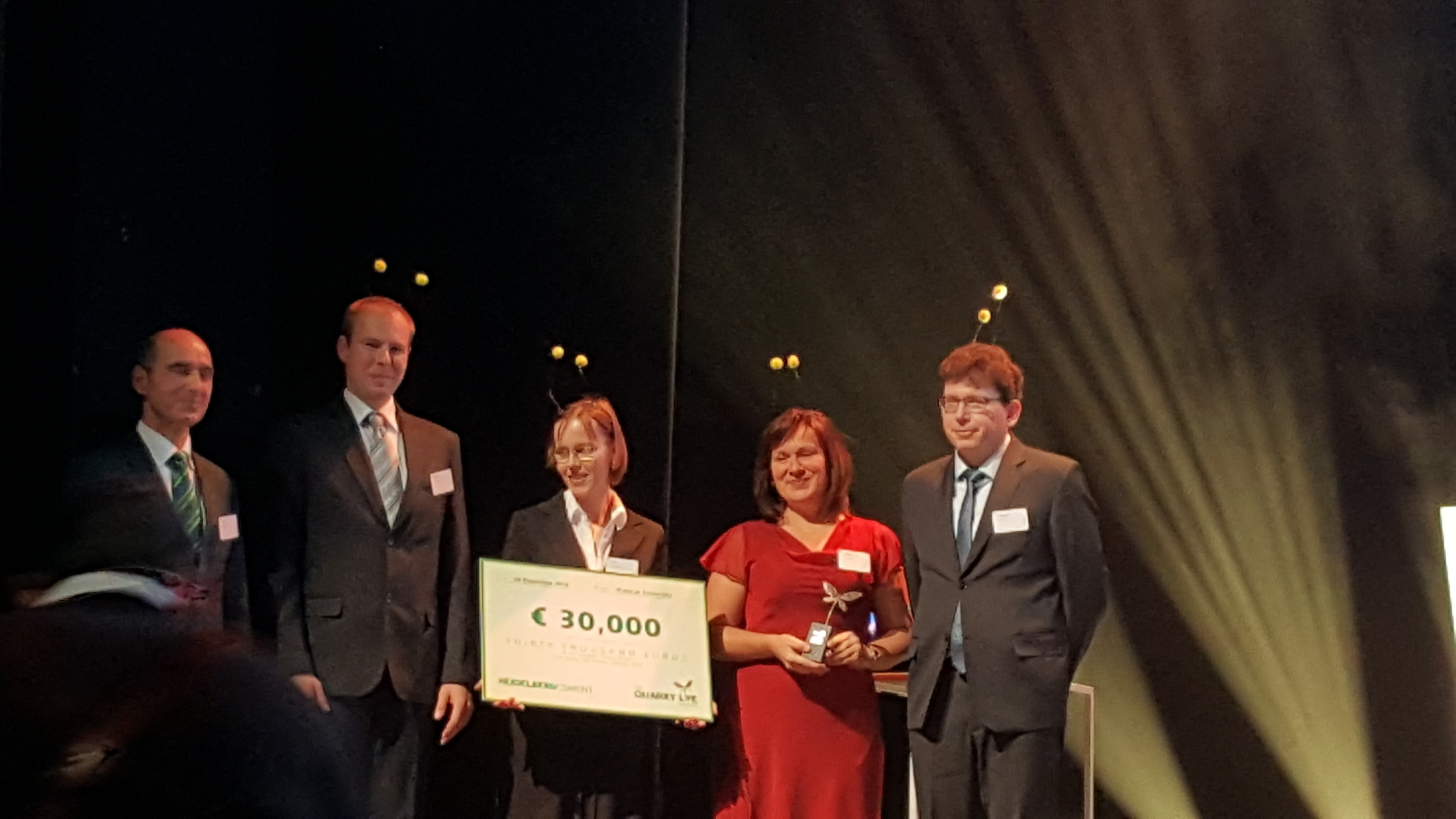 Our colleague and collaborator Luboš Tichý and his team won the international contest
Our colleague and collaborator Luboš Tichý and his team won the international contest 